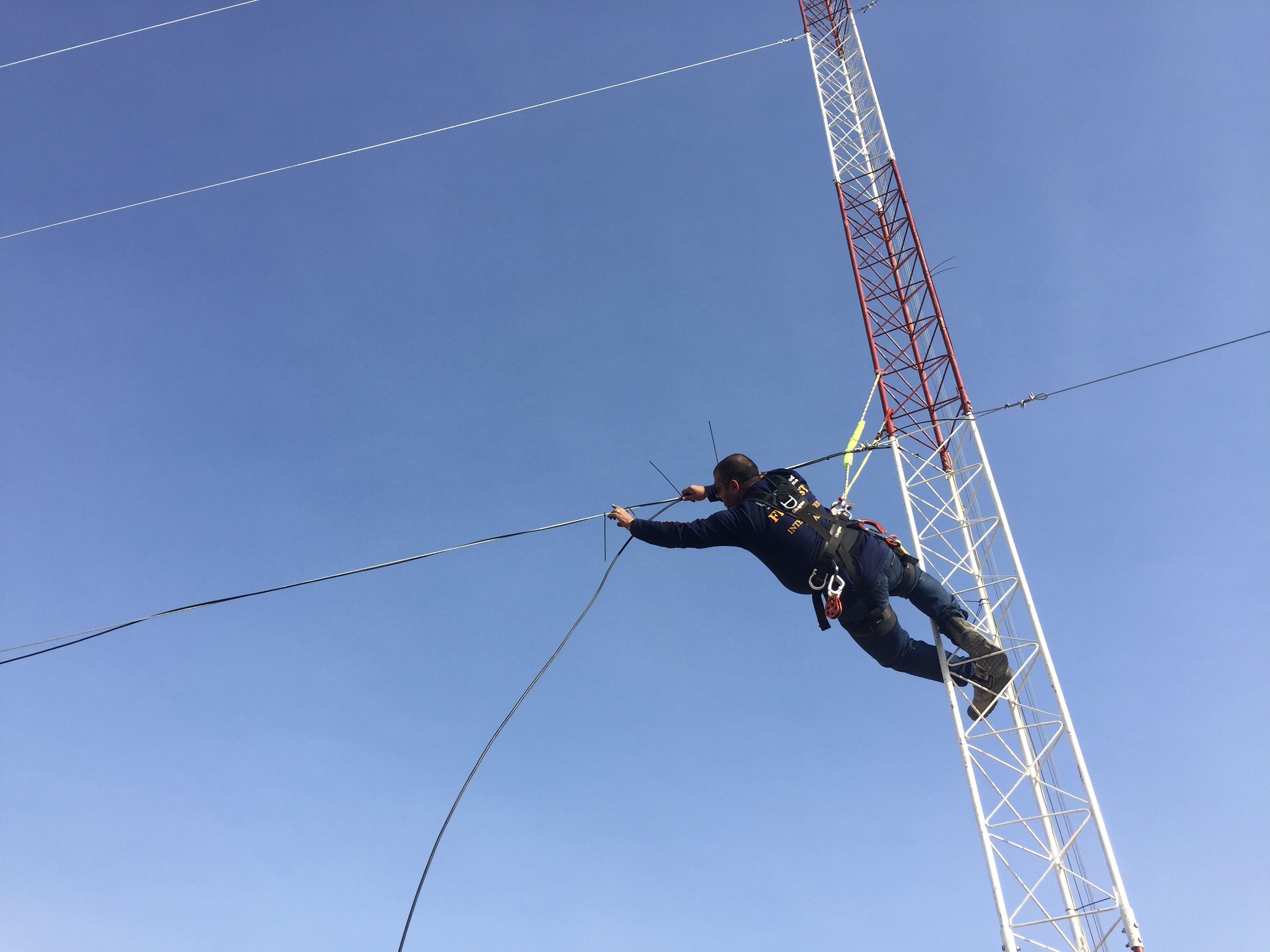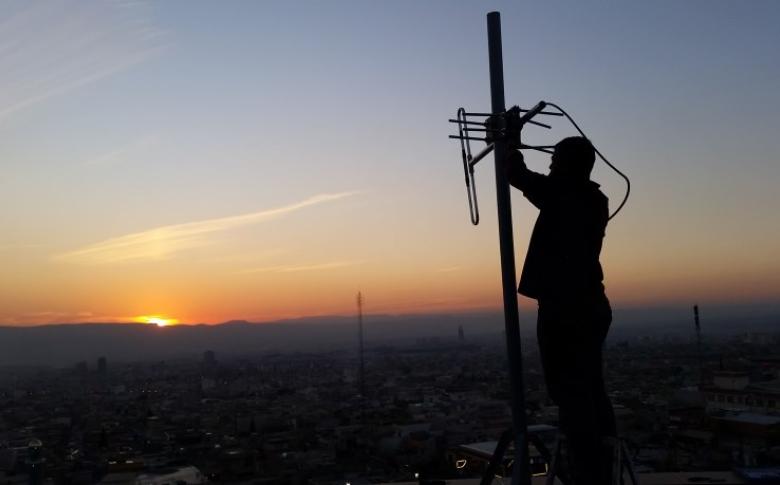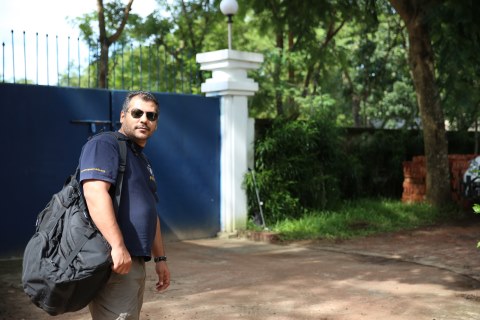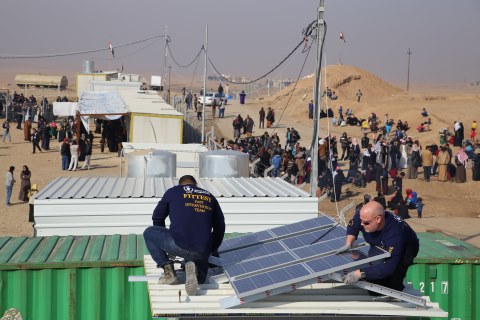Affectionately known as the polar bear, Habib's lifelong love of flying ties in well with a career spent climbing to the top.
By Suzanne Fenton
Winter in the wild mountains of Kurdistan, northern Iraq, can bite. Sensible people are wrapped up in layers of warm clothing, and even then, the cold has a way of seeping into your bones. Except for one man who could be found sitting out on his balcony on early December mornings in shorts and a T-shirt, serenely drinking thick, black coffee – the steam curling up through icy air. Strong coffee was a meditation of sorts for Habib Shashati before he headed off to the UN base as Emergency Telecommunications Cluster (ETC) coordinator.
Affectionately known as “polar bear” because of a superhuman resistance to cold, Habib – who spent more than two years in Erbil as ETC Coordinator for the Iraq operation – is passing through Dubai on a rare grey day as he heads back to Bangladesh where he is now based.



